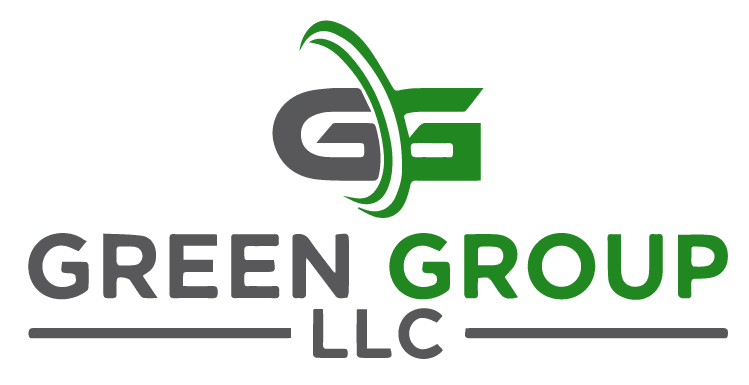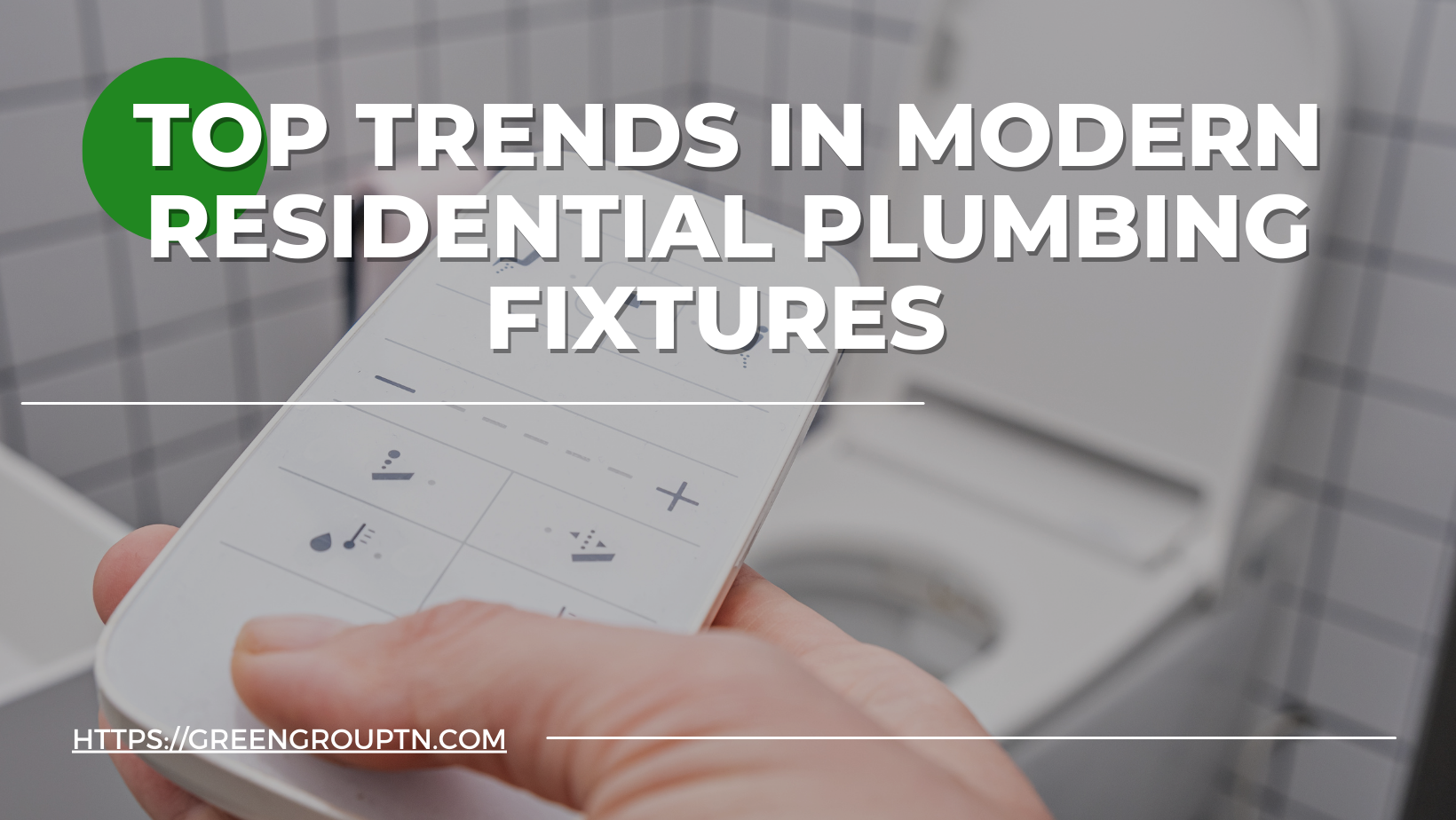The world of residential plumbing is evolving rapidly, driven by technological advancements, environmental concerns, and the desire for greater convenience. Homeowners are increasingly seeking plumbing solutions that not only meet their functional needs but also align with modern aesthetics and sustainability goals. In this blog, we will explore the top trends in residential plumbing fixtures that are shaping modern homes today.
1. Smart Plumbing Systems
Smart technology has permeated almost every aspect of our lives, and residential plumbing is no exception. Smart plumbing systems are at the forefront of this trend, offering homeowners unprecedented control and convenience.
Smart Faucets and Toilets
Imagine being able to control your faucets, toilets, and even water heaters from your smartphone or through voice commands. Smart faucets allow users to set precise water temperatures and flow rates, ensuring that water is used efficiently. These faucets often come with touchless features, which not only improve hygiene by reducing the spread of germs but also add a modern, sleek look to any bathroom or kitchen.
Water Heaters with Smart Controls
Smart water heaters can be programmed to heat water during off-peak hours, reducing energy consumption and lowering utility bills. They also provide data on water usage, helping homeowners monitor their consumption and identify potential leaks early on. The integration of these smart devices into a home’s plumbing system allows for remote monitoring and control, making it easier to manage water usage, reduce waste, and ensure the system operates efficiently.
Self-Cleaning Toilets
Self-cleaning toilets are another innovation within smart plumbing systems. These toilets often feature UV light technology to kill bacteria, and some models include automatic lid closing, heated seats, and customizable bidet functions. The ability to maintain cleanliness with minimal effort is a major draw for busy homeowners looking to streamline their household chores.
2. Water Efficiency and Sustainability
As environmental awareness grows, water efficiency and sustainability have become key considerations for homeowners when choosing plumbing fixtures. The plumbing industry has responded with a range of innovative products designed to minimize water usage without compromising performance.
Low-Flow Fixtures
Low-flow faucets, showerheads, and toilets are among the most popular water-saving solutions. These fixtures are designed to use significantly less water while still providing adequate pressure. For instance, low-flow showerheads can reduce water usage by up to 50% compared to traditional models, leading to substantial savings on water bills.
Dual-Flush Toilets
Dual-flush toilets offer two flushing options—one for liquid waste and a more powerful flush for solid waste. This simple yet effective design allows homeowners to use less water per flush, contributing to water conservation efforts without sacrificing functionality.
Rainwater Harvesting Systems
Rainwater harvesting systems are becoming increasingly popular as homeowners look for ways to reduce their reliance on municipal water supplies. These systems collect and store rainwater, which can then be used for various non-potable purposes such as irrigation, toilet flushing, and laundry. By utilizing rainwater, homeowners can significantly reduce their water bills and lessen their environmental footprint.
Greywater Recycling
Greywater recycling systems are another sustainable plumbing solution gaining traction. These systems capture wastewater from sinks, showers, and laundry, treat it, and then reuse it for purposes such as irrigation and toilet flushing. Implementing a greywater recycling system can drastically reduce a household’s water consumption, making it a smart choice for eco-conscious homeowners.
3. Tankless Water Heaters
Tankless water heaters, also known as on-demand water heaters, are revolutionizing the way homeowners access hot water. Unlike traditional water heaters that store large amounts of water in a tank, tankless systems heat water only when it is needed.
Space-Saving Design
One of the biggest advantages of tankless water heaters is their compact size. Without the need for a bulky storage tank, these units can be installed in smaller spaces, such as closets or under sinks. This space-saving design is particularly beneficial in modern homes where maximizing square footage is a priority.
Energy Efficiency
Tankless water heaters are also more energy-efficient than their traditional counterparts. Because they only heat water as it is needed, there is no energy wasted in maintaining a reservoir of hot water. This efficiency translates into lower energy bills and a reduced carbon footprint, making tankless water heaters an attractive option for environmentally conscious homeowners.
4. Water Filtration
With growing concerns about water quality, more homeowners are investing in advanced water filtration systems to ensure that their tap water is safe and clean. These systems range from simple faucet filters to comprehensive whole-house filtration systems.
Whole-House Water Filters
Whole-house water filtration systems are designed to purify all the water that enters a home. These systems remove contaminants such as chlorine, sediment, and heavy metals, providing clean water for drinking, cooking, bathing, and laundry. By filtering water at the point of entry, homeowners can protect their family’s health and extend the lifespan of their plumbing fixtures and appliances.
Reverse Osmosis Systems
Reverse osmosis systems are among the most effective water purification methods available. These systems use a semi-permeable membrane to remove up to 99% of contaminants, including lead, arsenic, and bacteria. Although typically installed under the kitchen sink, reverse osmosis systems can be configured to supply purified water throughout the home.
5. PEX Piping
PEX (cross-linked polyethylene) piping is quickly becoming the standard in residential plumbing, replacing traditional copper pipes. PEX offers several advantages that make it an ideal choice for modern homes.
Flexibility and Ease of Installation
PEX piping is highly flexible, allowing it to be bent and curved around obstacles, reducing the need for fittings and joints. This flexibility simplifies installation and reduces the potential for leaks. Additionally, PEX is resistant to corrosion and scale buildup, which are common issues with copper piping.
Cost-Effectiveness
PEX is also more cost-effective than copper. Not only is the material itself less expensive, but the reduced labor costs associated with its installation can result in significant savings. For homeowners looking to upgrade their plumbing system, PEX offers a durable and budget-friendly solution.
The trends in residential plumbing fixtures are a reflection of broader shifts in technology, environmental awareness, and the pursuit of greater comfort and convenience. From smart plumbing systems that offer remote control and data monitoring to sustainable fixtures that reduce water consumption, modern plumbing is all about enhancing the quality of life while minimizing environmental impact.
At Green Group, we specialize in helping homeowners navigate these trends and select the best plumbing solutions for their needs. Whether you’re looking to upgrade your existing system or install new fixtures in a modern home, our team of experts is here to assist. Visit our website to learn more about our services and to schedule a consultation. Let us help you bring the latest in plumbing technology and sustainability to your home.

